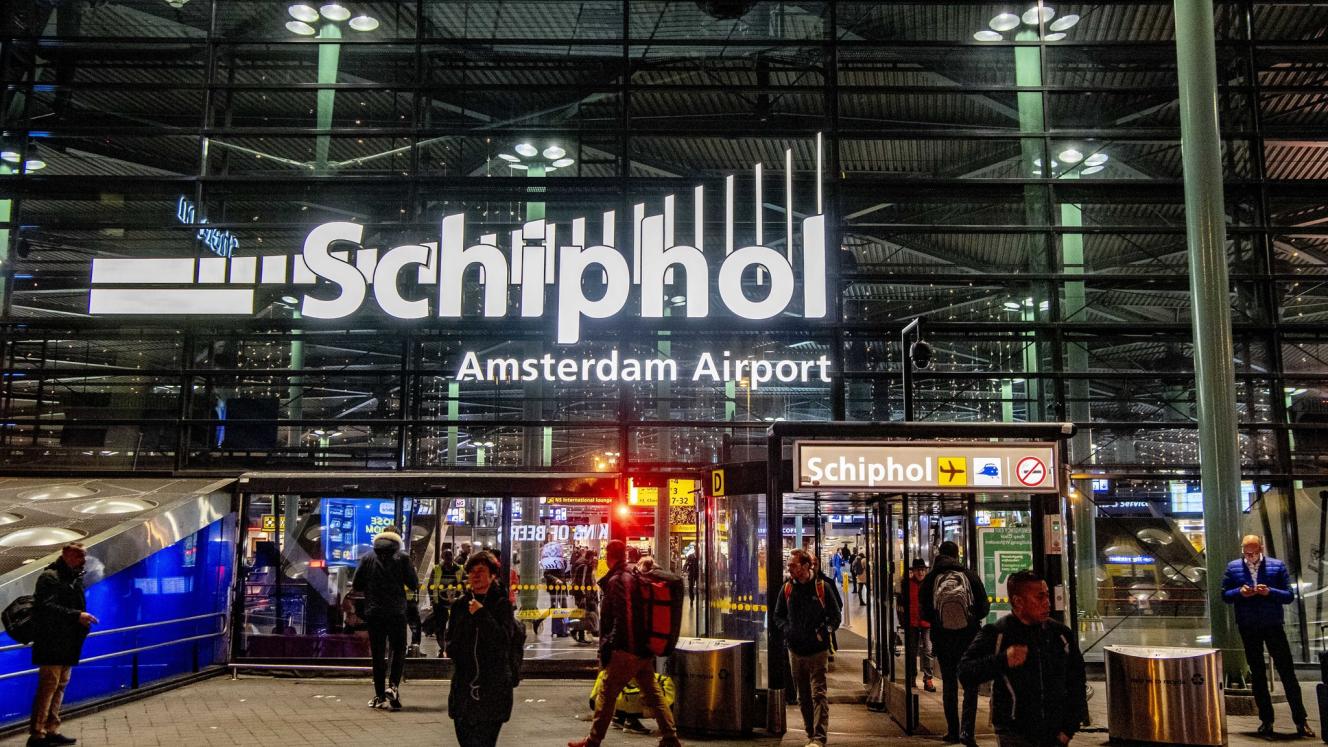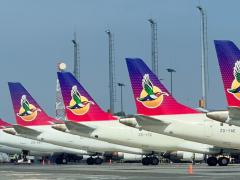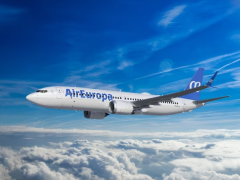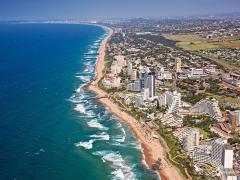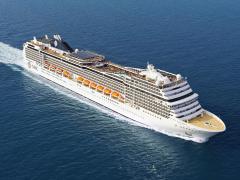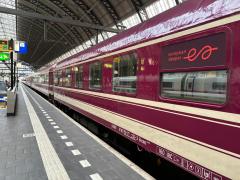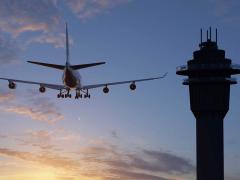Airlines seeking relief from the Dutch government have been overruled by the Netherlands Authority for Consumers and Markets (ACM).
Ten airlines tried, along with three associations, to stop Schiphol from increasing its tariffs to airlines over the next three years, saying they believe that the airport sought to offset the losses it had incurred because of COVID.
But ACM supported Schiphol, and found the rate increases to be reasonable, saying it had used the correct method of distributing its COVID losses.
Manon Leijten, a board member of ACM, explained that just as the airlines got the benefit of smaller tariff increases when traffic and transport numbers were higher than budgeted, so the reverse might happen in the event of losses at the airport.
The ACM explained that the COVID losses at Schiphol had actually been incurred, so if Schiphol were to bear those costs itself, they would ultimately have been borne by taxpayers – the Dutch State and the municipality of Amsterdam are Schiphol’s largest shareholders.
When compared with other airports’ charges, ACM saw no indication that Schiphol’s charges were unreasonably high.
ACM responded to a list of complaints from airlines, including one on the introduction of a NOx tariff on airlines, to reduce nitrogen emissions. ACM approved this.
Another complaint related to the long queues at the security checks in 2022, mainly due to staff shortages. Schiphol expected that the measures it had taken to mitigate this problem, mainly concerning personnel policy, would sufficiently restore quality. It said 95% of passengers no longer had to wait long at the security check, although the airport still expected queues there due to crowds during the May holiday.
Schiphol said queues might still arise at passport control and baggage handling, but the airport was not responsible for these services.
